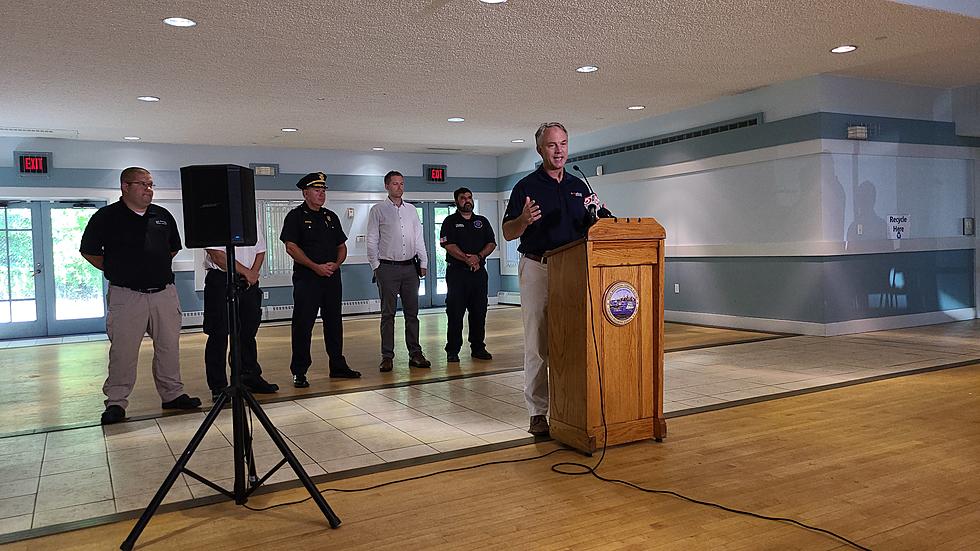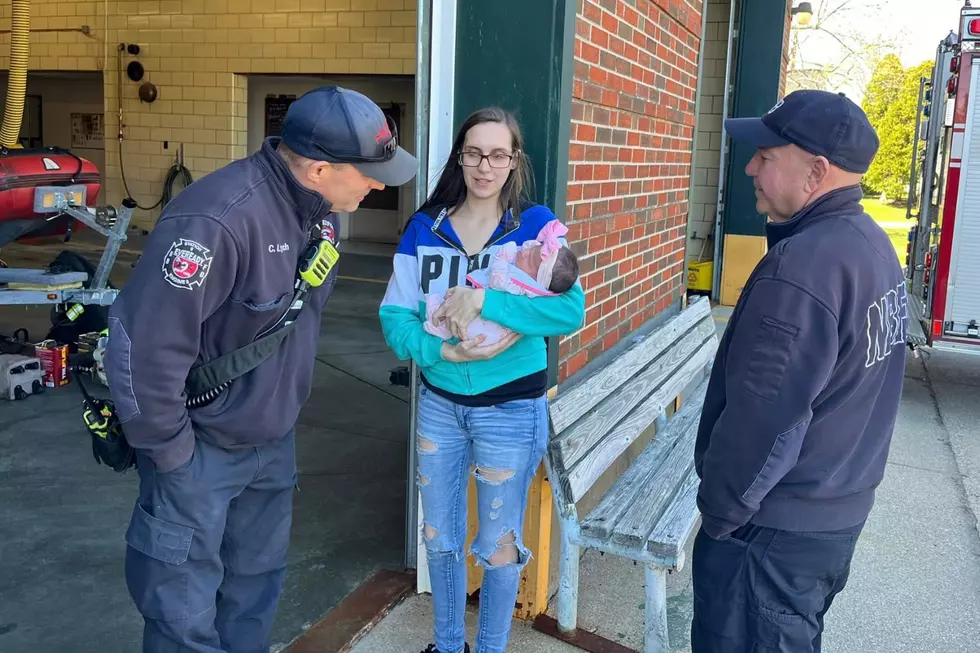
New Bedford to Close Beaches, May Close Hurricane Barrier as Henri Approaches
UPDATE: The New Bedford hurricane barrier was closed Sunday morning.
NEW BEDFORD – The city is closing beaches, canceling vaccine and testing clinics and anticipates that the New Bedford hurricane barrier will be closed Sunday as Hurricane Henri bears down on Southern New England.
“Today is a day to prepare,” Mayor Jon Mitchell said Saturday during a press conference at Fort Taber.

Hurricane Henri was expected to hit New Bedford as a tropical storm late Saturday, bringing with it the potential for tropical storm force winds, heavy rain and storm surges as high as five feet. Depending on the storm surge, the Army Corps of Engineers could decide to close the hurricane barrier, but would give mariners a warning 90 minutes before doing so.
Mitchell said the city would also close the hurricane barrier gates on East and West Rodney French Boulevard and Padanaram Avenue if it appeared that the seawater was going to lap onto the streets. The city closed the gates during Hurricane Sandy in 2012.
In recent days, Mitchell said the city has cleaned out catch basins in low-lying areas to facilitate the flow of stormwater, has positioned sandbags in those locations and has also been trimming trees.
“I think it’s inevitable that we’re going to have a lot of trees down,” Mitchell said.
All city beaches, the CoveWalk and HarborWalk, Buttonwood Park and Fort Taber will be closed effective 8 p.m. Saturday. Police will be patrolling those areas. Mitchell urged people to shelter in place and not sightsee. The Buttonwood Park Zoo will also be closed Sunday.
“In general, everything is going to be closed on Sunday,” Mitchell said.
This coming week, trash services will be pushed back a day. Mitchell said he will decide tomorrow if city offices will also be closed Monday.
LOOK: The most expensive weather and climate disasters in recent decades
More From WBSM-AM/AM 1420









